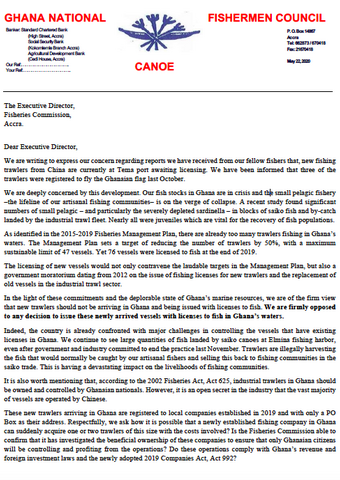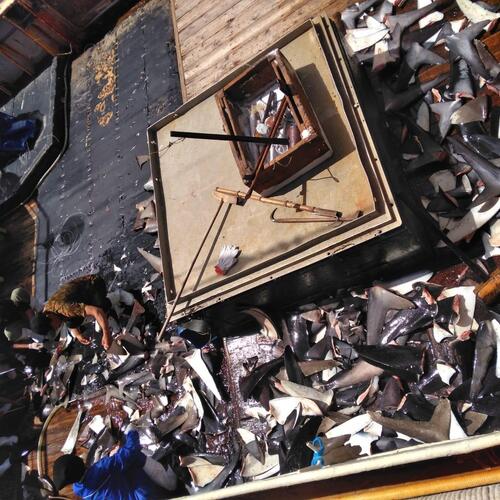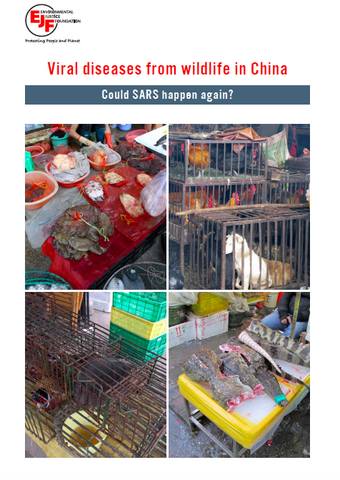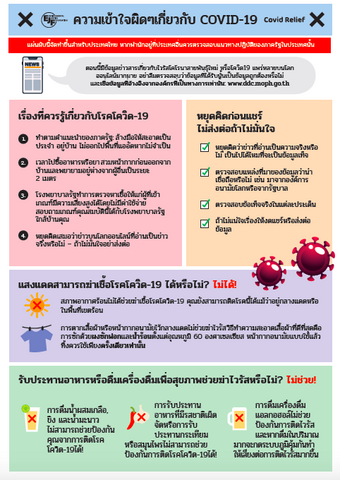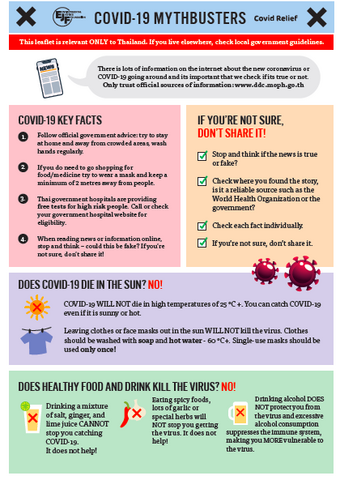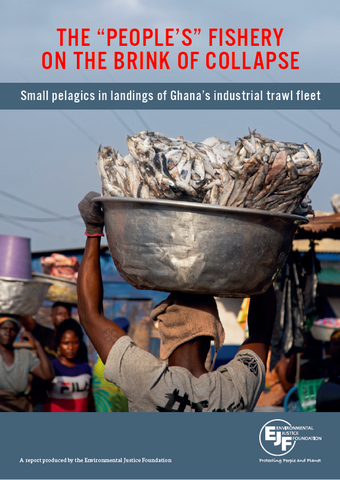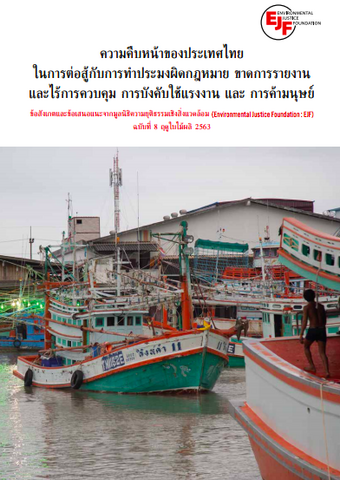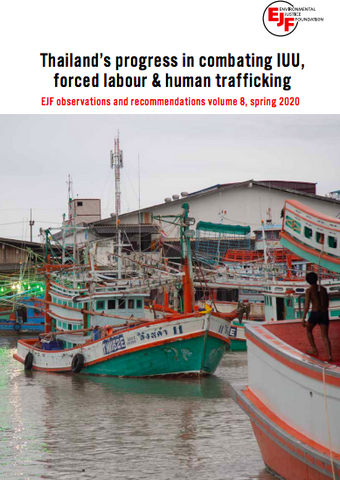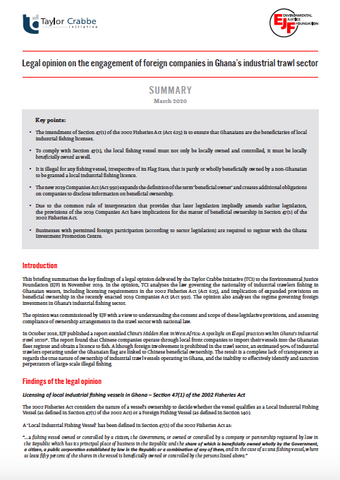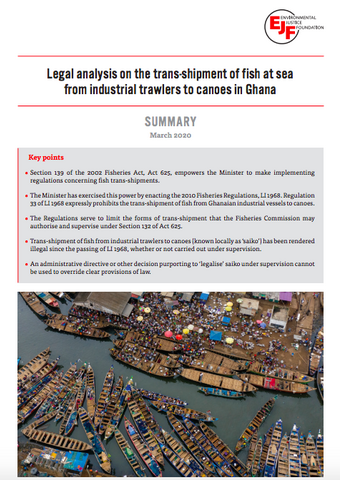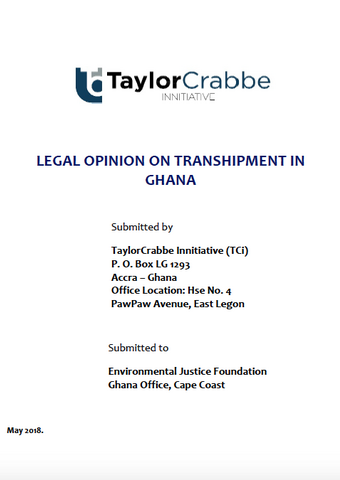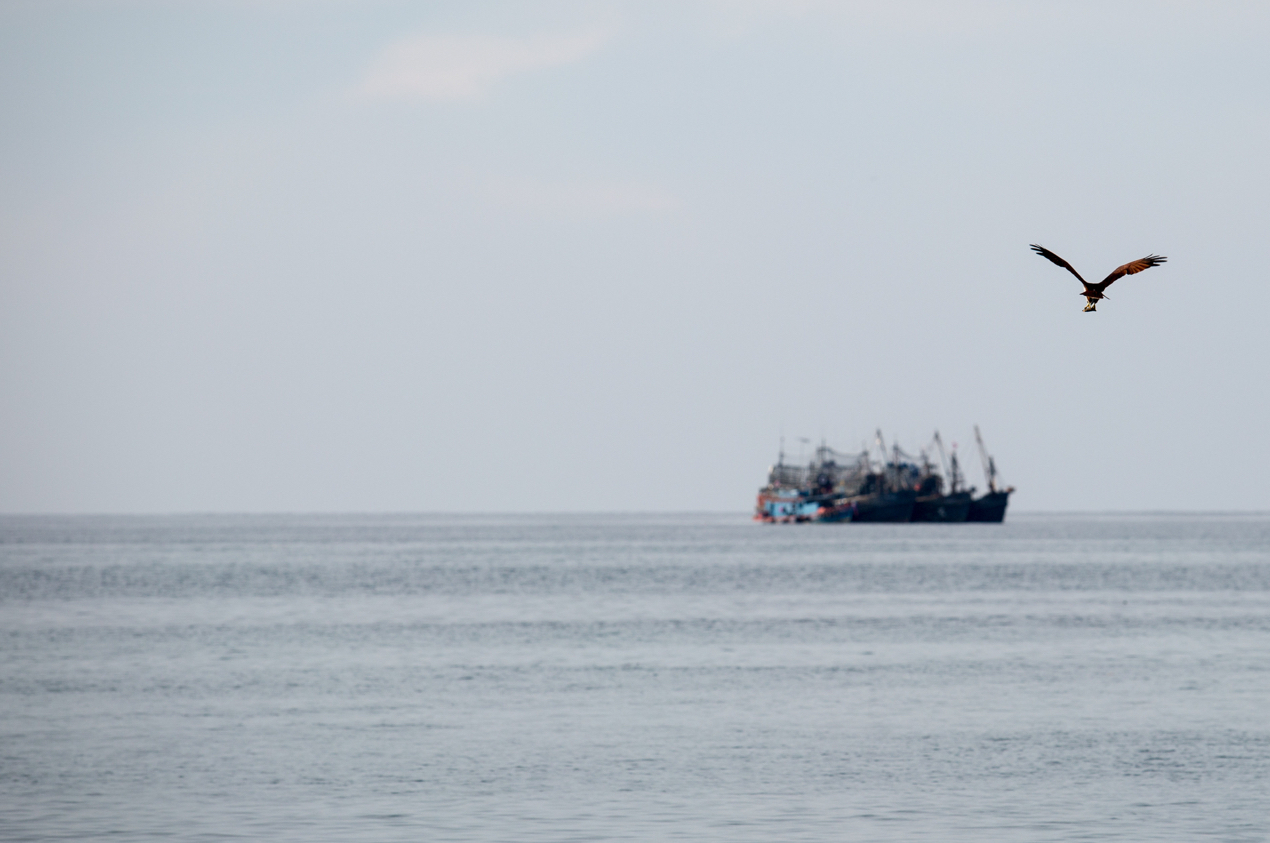
Search results
Showing 801-840 result returned for ""
-
News & Media
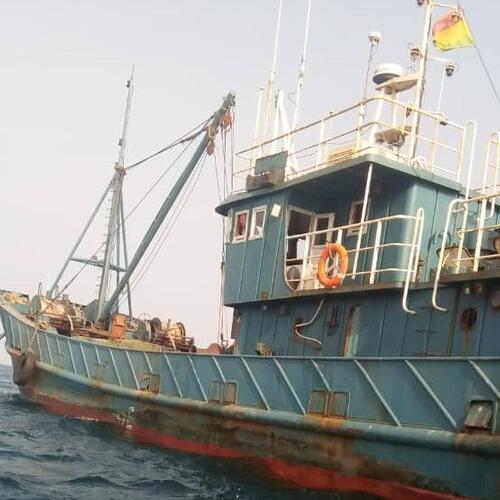 May 27, 2020New trawlers arrive from China as Ghana’s fisheries teeter on brink of collapseRead
May 27, 2020New trawlers arrive from China as Ghana’s fisheries teeter on brink of collapseRead -
Reports
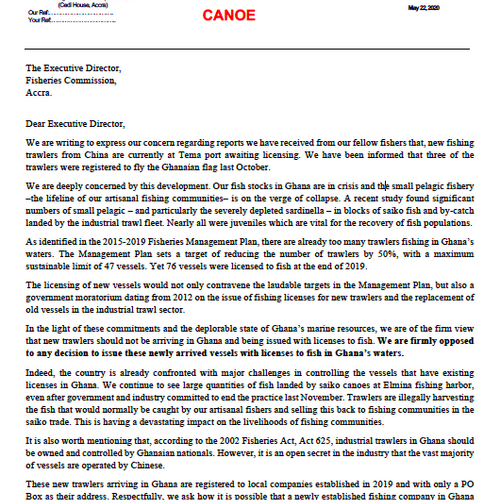 May 26, 2020Open letter opposing new trawler licences from the Ghana National Canoe Fishermen CouncilRead
May 26, 2020Open letter opposing new trawler licences from the Ghana National Canoe Fishermen CouncilReadThree new trawlers have arrived in Ghana from China and have been registered to the Ghanaian flag, despite a moratorium on new fishing vessels. The government’s own Fisheries Management Plan states that 48 trawlers are the most that the fishery can sustain, yet 76 trawlers were licensed at the end of 2019. Ghana’s National Canoe Fishermen Council has written an open letter to the Fisheries Commission opposing any decision to grant these vessels licences to fish in Ghana’s waters.
-
News & Media
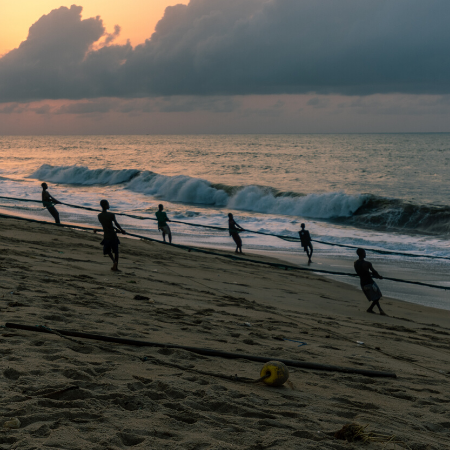 May 22, 2020U-turn on Ghana's Fisheries Commission decision to allow tuna boats to use light fishingRead
May 22, 2020U-turn on Ghana's Fisheries Commission decision to allow tuna boats to use light fishingRead -
News & Media
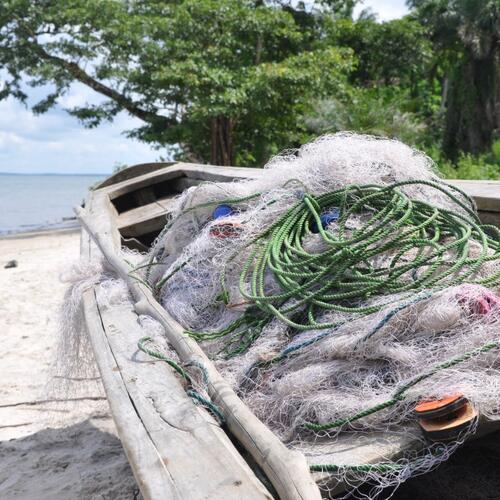 May 19, 2020New project collecting and recycling ghost gear in ThailandRead
May 19, 2020New project collecting and recycling ghost gear in ThailandRead
-
News & Media
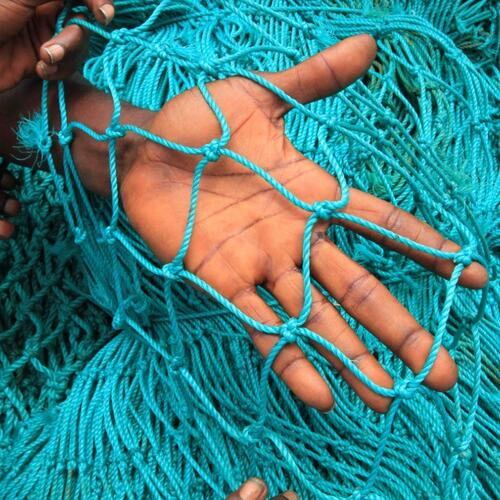 May 19, 2020โครงการ Net Free Seas: สร้างทะเลไทยปลอดเศษอวนด้วยมือชุมชนผ่านการรีไซเคิลRead
May 19, 2020โครงการ Net Free Seas: สร้างทะเลไทยปลอดเศษอวนด้วยมือชุมชนผ่านการรีไซเคิลRead -
News & Media
 May 18, 2020Net Free Seas: The community project in Thailand cleaning up the oceansRead
May 18, 2020Net Free Seas: The community project in Thailand cleaning up the oceansRead -
News & Media
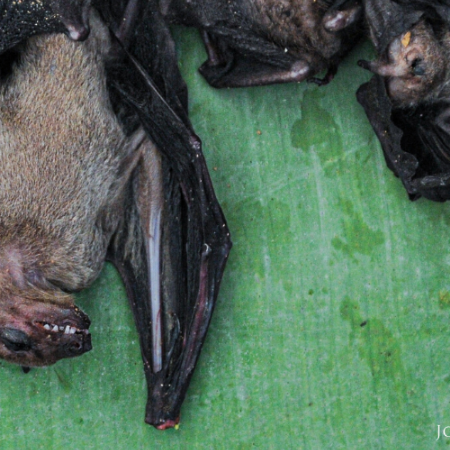 May 11, 2020What we knew: 2003 report shows Covid-19 pandemic was predictableRead
May 11, 2020What we knew: 2003 report shows Covid-19 pandemic was predictableRead -
News & Media
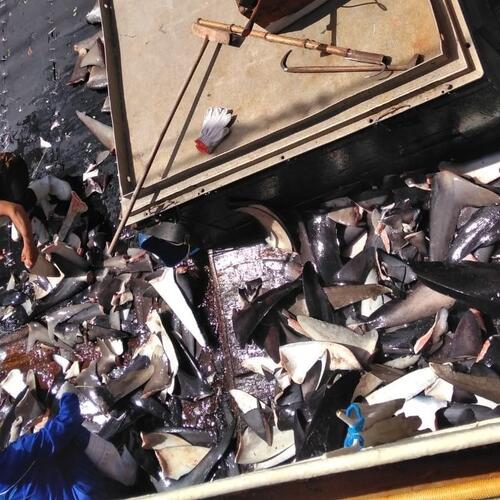 May 06, 2020Four die on Chinese vessel allegedly fishing illegallyRead
May 06, 2020Four die on Chinese vessel allegedly fishing illegallyRead
-
News & Media
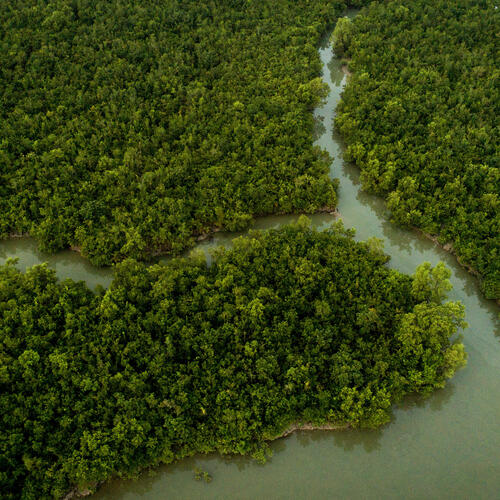 May 06, 2020Protecting biodiversity is key to securing human rightsRead
May 06, 2020Protecting biodiversity is key to securing human rightsRead -
News & Media
May 05, 2020Four die on Chinese vessel allegedly fishing illegallyRead
-
News & Media
May 05, 2020中國漁船涉嫌非法捕魚及人權剝削,四名印尼籍漁工死於該漁船Read
-
News & Media
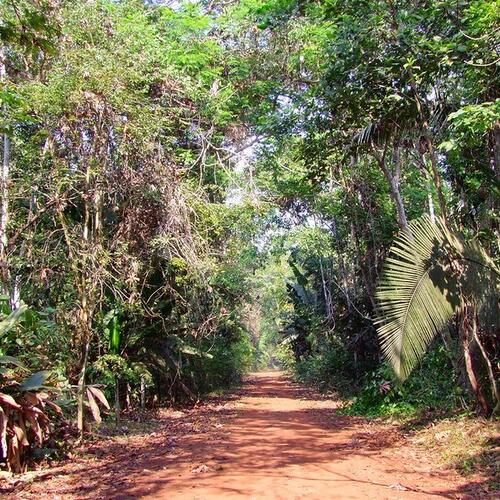 May 01, 2020Illegal loggers threaten Indigenous Amazon tribes as law enforcement falters under Covid-19Read
May 01, 2020Illegal loggers threaten Indigenous Amazon tribes as law enforcement falters under Covid-19Read
-
Reports
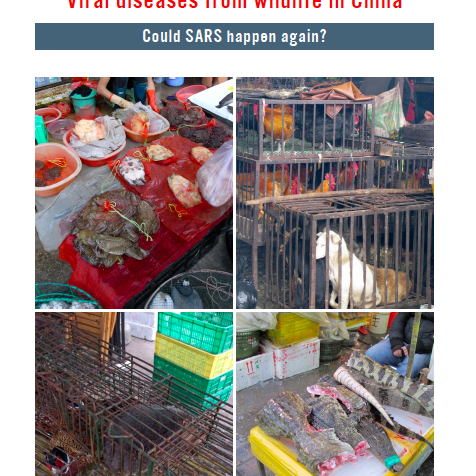 Apr 29, 2020Viral diseases from wildlife in China: Could SARS happen again?Read
Apr 29, 2020Viral diseases from wildlife in China: Could SARS happen again?ReadOriginally published in 2003 in the wake of SARS, this report reviewed zoonotic viruses that transmit from animals to humans. The report warned that China was the most likely candidate for the next novel zoonotic virus. The report shows the the Covid-19 pandemic was predictable and key lessons were missed.
-
News & Media
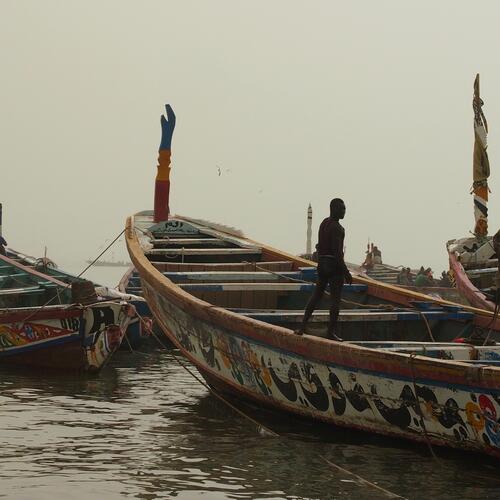 Apr 22, 2020New trawlers with history of illegal fishing threaten Senegalese fisheriesRead
Apr 22, 2020New trawlers with history of illegal fishing threaten Senegalese fisheriesRead -
News & Media
 Apr 22, 2020New trawlers with history of illegal fishing threaten Senegalese fisheriesRead
Apr 22, 2020New trawlers with history of illegal fishing threaten Senegalese fisheriesRead -
News & Media
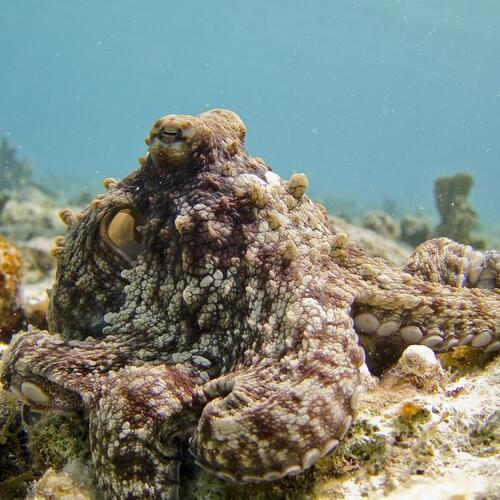 Apr 21, 2020How nature is helping us fight coronavirusRead
Apr 21, 2020How nature is helping us fight coronavirusRead
-
News & Media
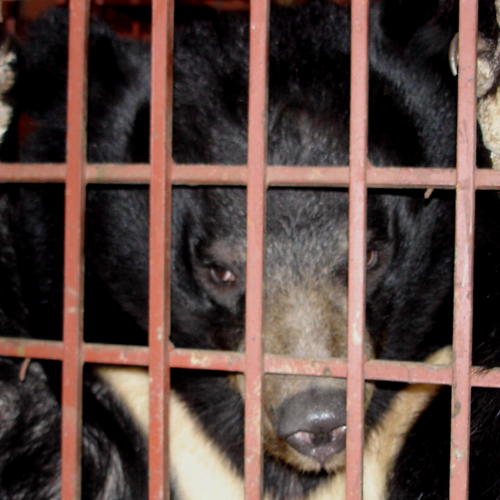 Apr 17, 2020How COVID-19 took hold and why we must end the wildlife tradeRead
Apr 17, 2020How COVID-19 took hold and why we must end the wildlife tradeRead -
Reports
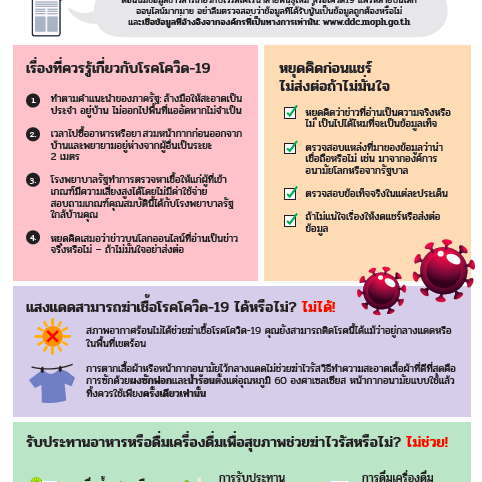 Apr 09, 2020COVID-19 MythbustersRead
Apr 09, 2020COVID-19 MythbustersReadแผ่นผับนี้จัดทำขึ้นสำหรับประเทศไทย หากพำนักอยู่ที่ประเทศอื่นควรตรวจสอบแนวทางปฏิบัติของภาครัฐในประเทศนั้น
-
Reports
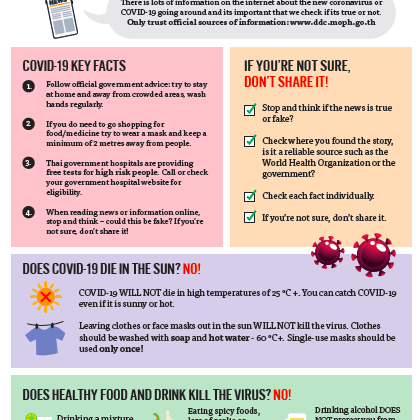 Apr 09, 2020COVID-19 MythbustersRead
Apr 09, 2020COVID-19 MythbustersReadThis leaflet is relevant ONLY to Thailand. If you live elsewhere, check local government guidelines.
-
Campaign Stories
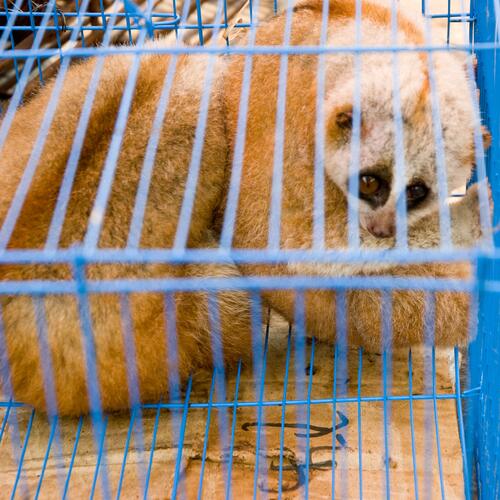 Apr 08, 2020Ending commercial wildlife marketsRead
Apr 08, 2020Ending commercial wildlife marketsRead
-
News & Media
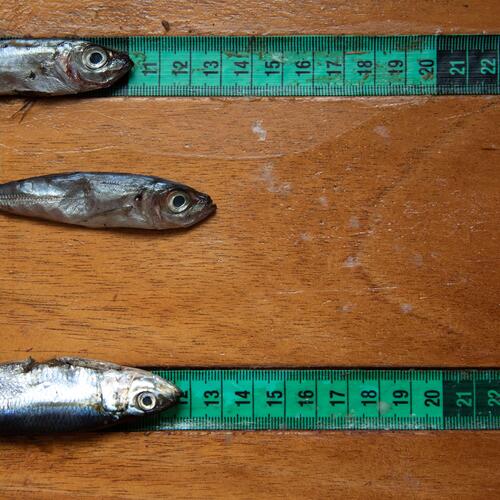 Apr 08, 2020Ghana’s fisheries collapsing as trawlers take young fish, EJF report revealsRead
Apr 08, 2020Ghana’s fisheries collapsing as trawlers take young fish, EJF report revealsRead -
Reports
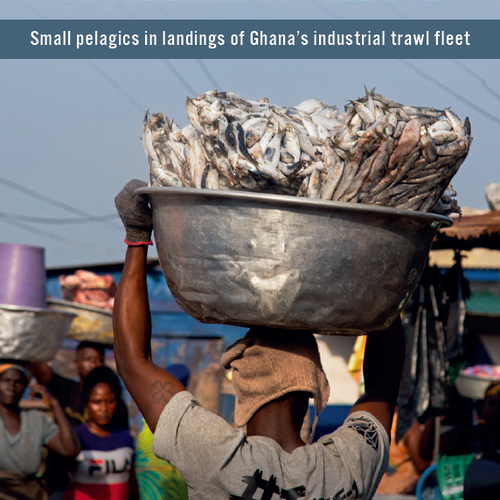 Apr 07, 2020The “people’s” fishery on the brink of collapse: Small pelagics in landings of Ghana’s industrial trawl fleetRead
Apr 07, 2020The “people’s” fishery on the brink of collapse: Small pelagics in landings of Ghana’s industrial trawl fleetReadGhana’s sardinella fishery, which provides food and livelihoods for coastal communities, is under severe threat from illegal targeting by trawlers in the ‘saiko’ trade. Sampling of saiko sardinella revealed the fish were 99% juveniles. These young fish are crucial to the recovery of a population that is already on the brink of collapse, having crashed by 80% over the past twenty years.
-
Reports
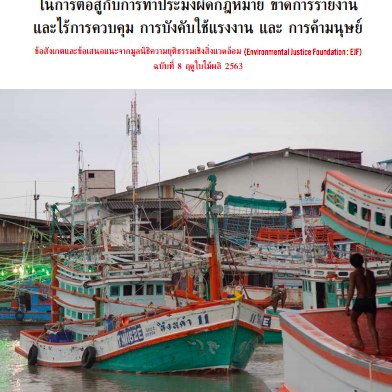 Apr 02, 2020รายงานเรื่องความคืบหน้าของประเทศไทย ในการต่อสู้กับการทำประมงผิดกฎหมาย ขาดการรายงาน และไร้การควบคุม การบังคับใช้แรงงาน และ การค้ามนุษย์ ข้อสังเกตและข้อเสนอแนะจากมูลนิธิความยุติธรรมเชิงสิ่งแวดล้อม (ENVIRONMENTAL JUSTICE FOUNDATION : EJF) ฉบับฤดูใบไม้พลิ ปีRead
Apr 02, 2020รายงานเรื่องความคืบหน้าของประเทศไทย ในการต่อสู้กับการทำประมงผิดกฎหมาย ขาดการรายงาน และไร้การควบคุม การบังคับใช้แรงงาน และ การค้ามนุษย์ ข้อสังเกตและข้อเสนอแนะจากมูลนิธิความยุติธรรมเชิงสิ่งแวดล้อม (ENVIRONMENTAL JUSTICE FOUNDATION : EJF) ฉบับฤดูใบไม้พลิ ปีReadในช่วงปีที่ผ่านมา EJF ได้เห็นพัฒนาการในการดำเนินงานศูนย์ควบคุมการแจ้งเข้า – ออกเรือประมง อาทิ การนำหลักการตรวจสอบเรือประมงตรวจเรือประมงตามความเสี่ยง มาประยุกต์ใช้ และการเร่งเพิ่มจำนวนล่ามประจำศูนย์ควบคุมการแจ้งเข้า – ออกเรือประมง อย่างไรก็ตามยังคงมีบางประเด็นปัญหาและข้อกังวลที่อาจส่งผลต่อระบบการบริหารจัดการการติดตาม ควบคุม และเฝ้าระวังการทำประมงโดยรวมหากไม่ได้รับการแก้ไข
-
Reports
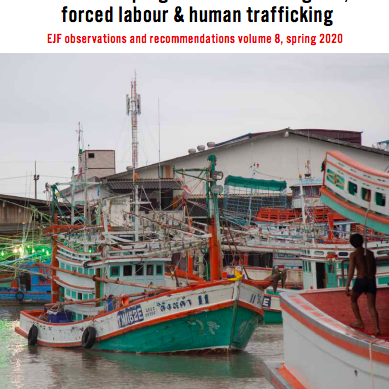 Apr 02, 2020Thailand’s progress in combating IUU, forced labour & human trafficking: EJF observations and recommendations volume 8, spring 2020Read
Apr 02, 2020Thailand’s progress in combating IUU, forced labour & human trafficking: EJF observations and recommendations volume 8, spring 2020ReadOver the last year EJF has observed improvements in PIPO inspection procedures, adoption of a risk-based approach to vessel inspections, and the proliferation of translators at PIPO centres. However, issues and concerns remain which continue to impair the MCS management system as a whole.
-
News & Media
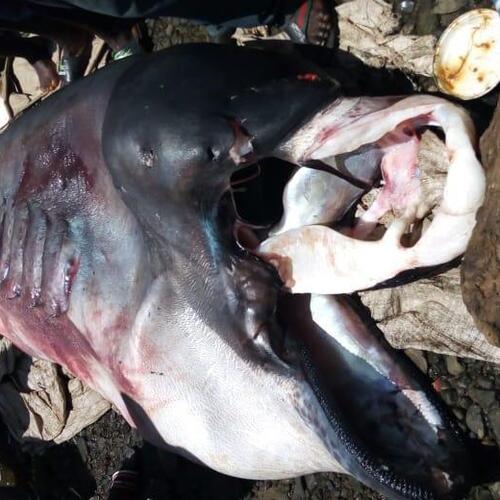 Apr 02, 2020Globally elusive ‘megamouth shark’ landed in LiberiaRead
Apr 02, 2020Globally elusive ‘megamouth shark’ landed in LiberiaRead -
Reports
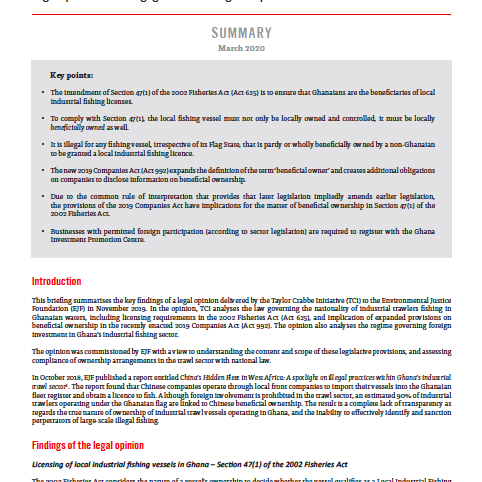 Apr 01, 2020Legal opinion on the engagement of foreign companies in Ghana’s industrial trawl sectorRead
Apr 01, 2020Legal opinion on the engagement of foreign companies in Ghana’s industrial trawl sectorReadThis briefing summarises the key findings of a legal opinion delivered by the Taylor Crabbe Initiative to the Environmental Justice Foundation. In the opinion, TCi analyses the law governing the nationality of industrial trawlers fishing in Ghanaian waters.
-
News & Media
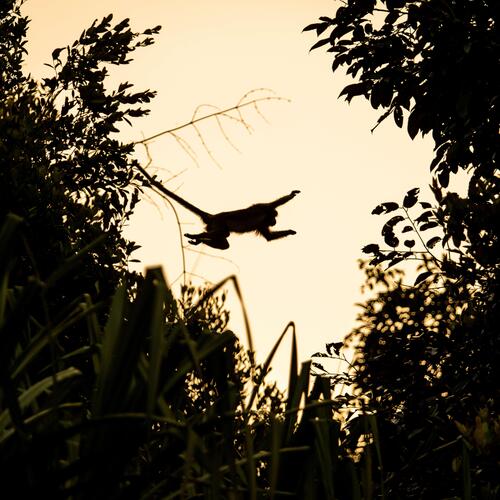 Apr 01, 2020危機帶來的新契機Read
Apr 01, 2020危機帶來的新契機Read -
News & Media
 Apr 01, 2020Globally elusive Megamouth Shark landed in LiberiaRead
Apr 01, 2020Globally elusive Megamouth Shark landed in LiberiaRead
-
News & Media
 Mar 27, 2020Earth Hour 2020: A chance for new choicesRead
Mar 27, 2020Earth Hour 2020: A chance for new choicesRead -
News & Media
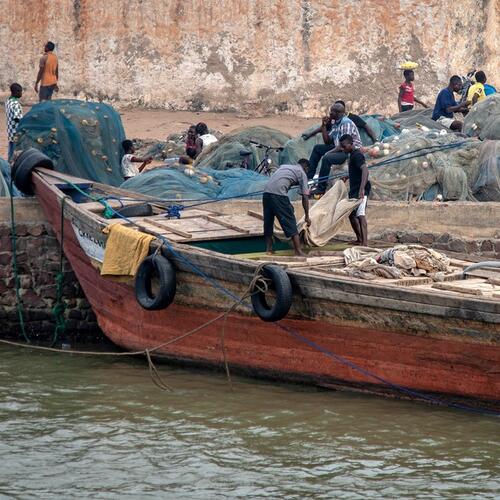 Mar 25, 2020Ghana’s law is clear: Saiko fishing is illegalRead
Mar 25, 2020Ghana’s law is clear: Saiko fishing is illegalRead -
News & Media
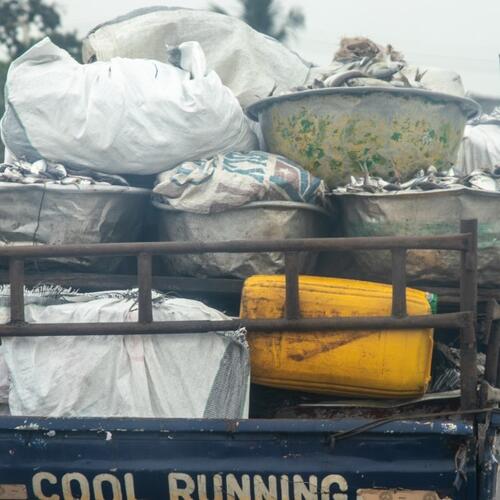 Mar 25, 2020Ghana’s law is clear: Saiko fishing is illegalRead
Mar 25, 2020Ghana’s law is clear: Saiko fishing is illegalRead -
News & Media
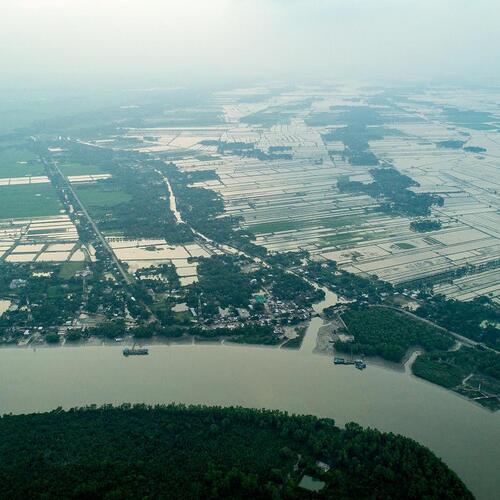 Mar 24, 2020The devil is in the detail: why the climate law at the heart of the EU’s Green Deal falls shortRead
Mar 24, 2020The devil is in the detail: why the climate law at the heart of the EU’s Green Deal falls shortRead
-
News & Media
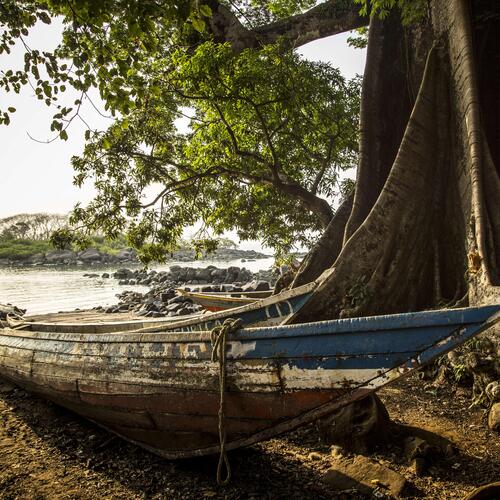 Mar 23, 2020Community spirit and co-management: EJF in Sierra LeoneRead
Mar 23, 2020Community spirit and co-management: EJF in Sierra LeoneRead -
News & Media
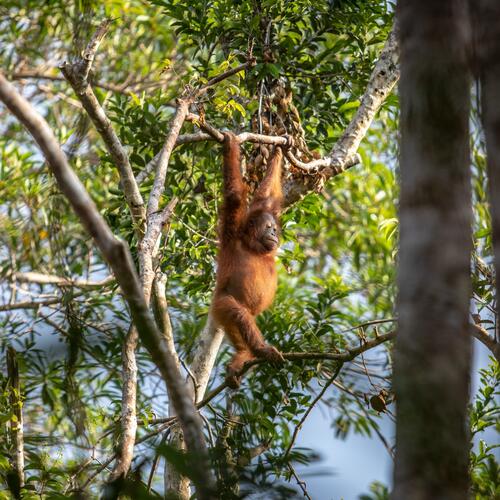 Mar 21, 2020Why the ecocide of forests must endRead
Mar 21, 2020Why the ecocide of forests must endRead -
News & Media
 Mar 17, 2020Basic protective measures against coronavirusRead
Mar 17, 2020Basic protective measures against coronavirusRead -
Reports
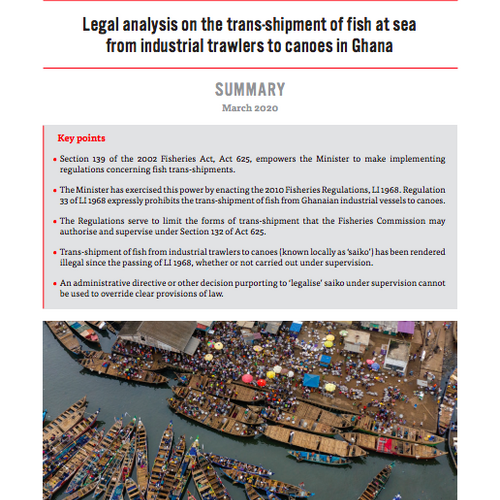 Mar 16, 2020Legal analysis on the trans-shipment of fish at sea from industrial trawlers to canoes in GhanaRead
Mar 16, 2020Legal analysis on the trans-shipment of fish at sea from industrial trawlers to canoes in GhanaReadThis briefing summarises the key findings of a legal opinion delivered by Ghanaian legal consultancy the Taylor Crabbe Innitiative (TCi) on the legal framework governing the trans-shipment (i.e. transfer) of fish from industrial trawlers to canoes at sea.
-
Reports
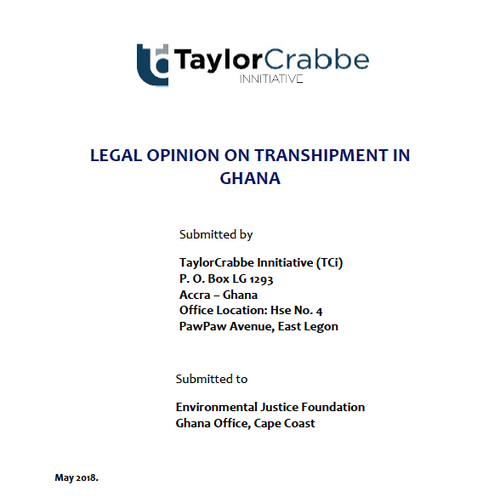 Mar 11, 2020Legal Analysis on Transshipment in GhanaRead
Mar 11, 2020Legal Analysis on Transshipment in GhanaReadIn this opinion, TCi analyses the legal framework governing the trans-shipment (i.e. transfer) of fish from industrial trawlers to canoes at sea.
-
News & Media
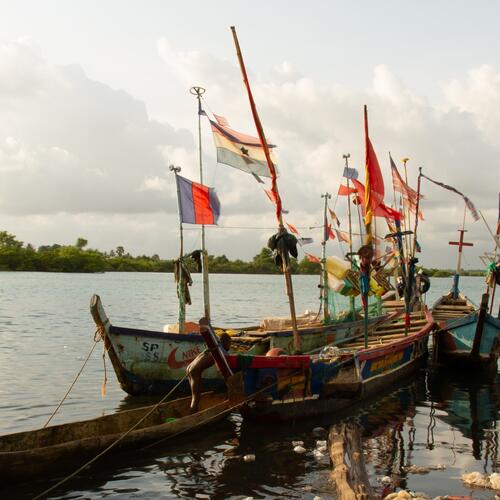 Mar 06, 2020Women are the strongest pillarRead
Mar 06, 2020Women are the strongest pillarRead -
News & Media
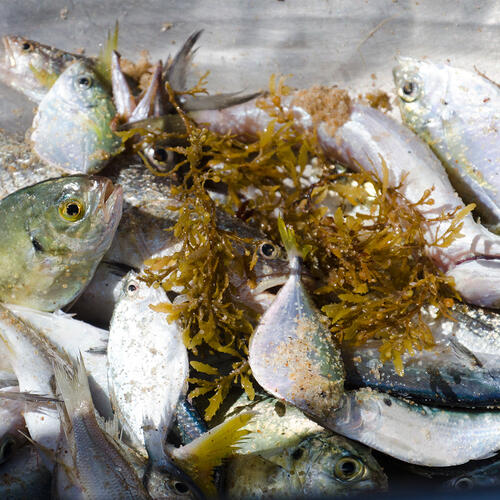 Mar 05, 2020Subsidising industrial fishing needs to stop - nowRead
Mar 05, 2020Subsidising industrial fishing needs to stop - nowRead -
News & Media
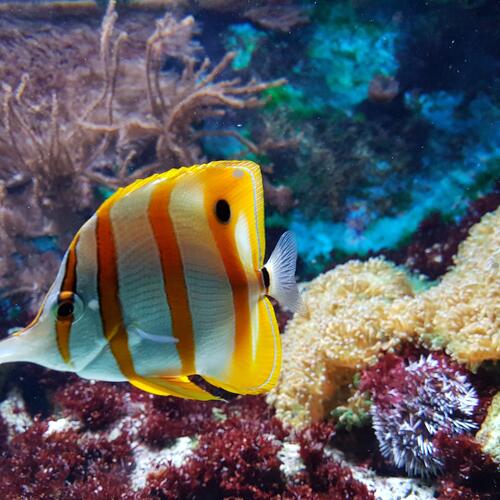 Mar 03, 2020Working for wildlifeRead
Mar 03, 2020Working for wildlifeRead
